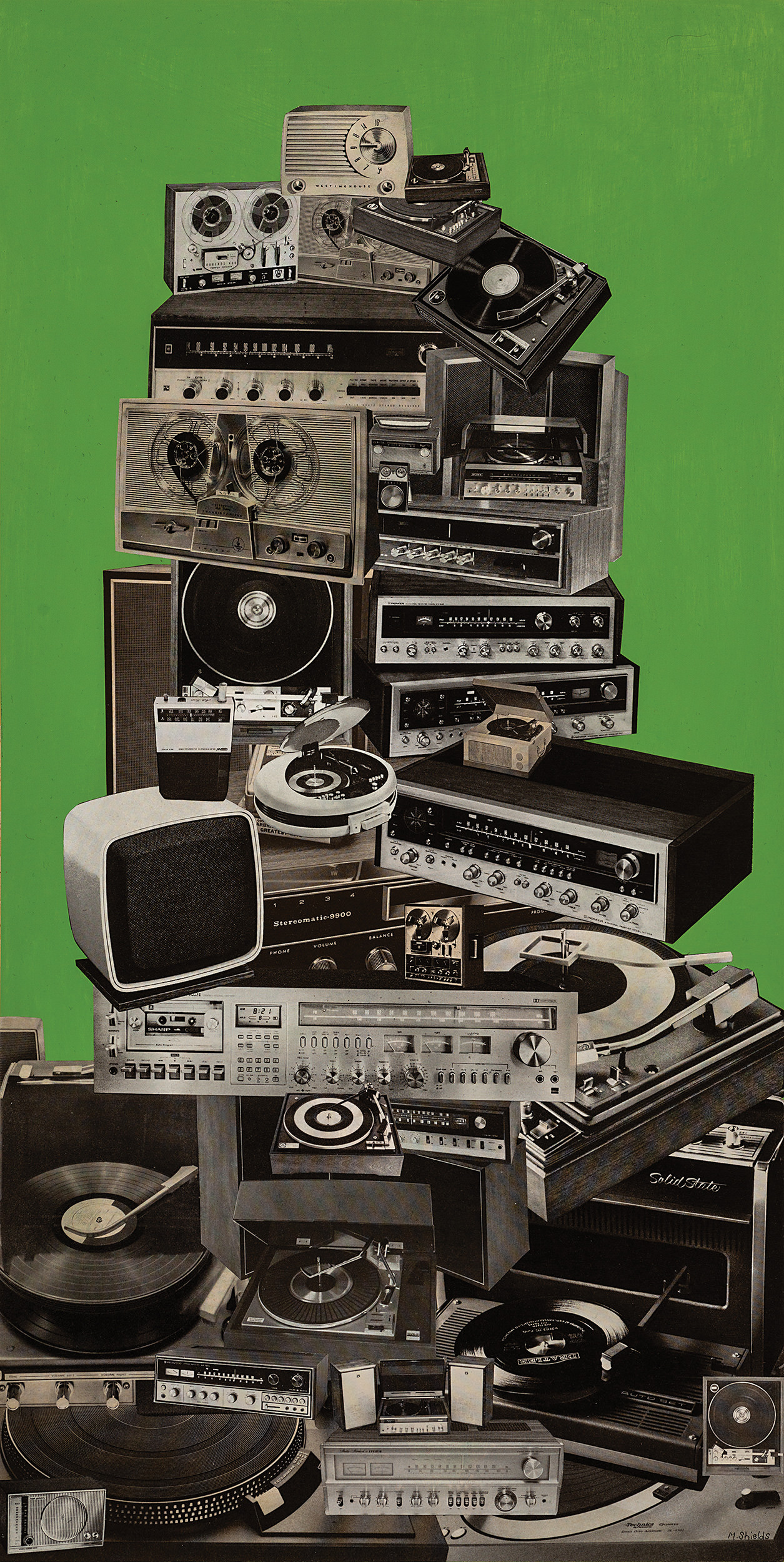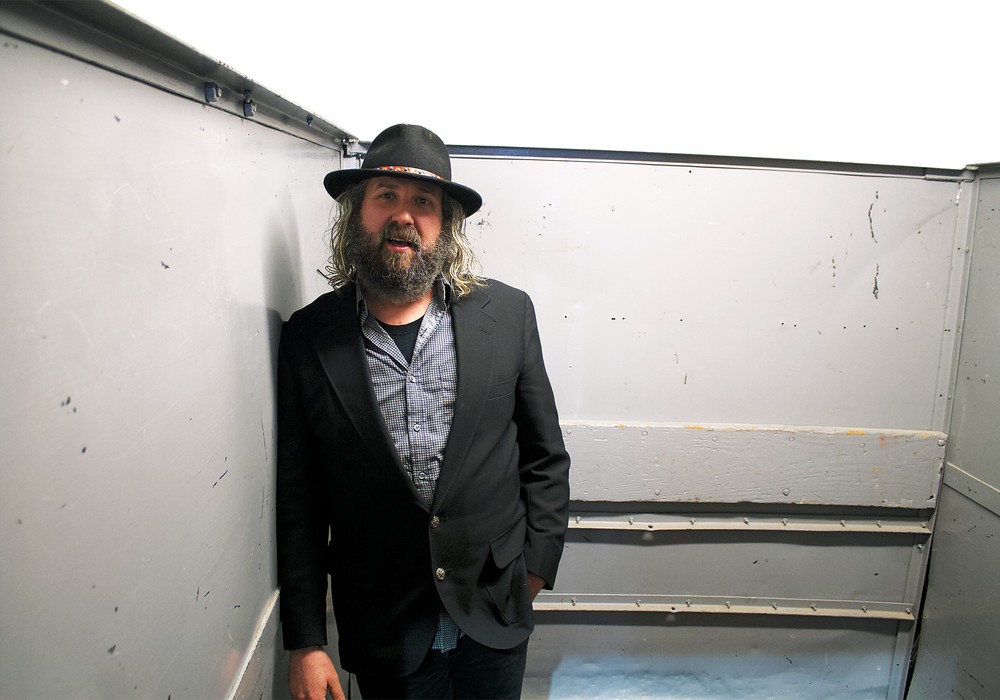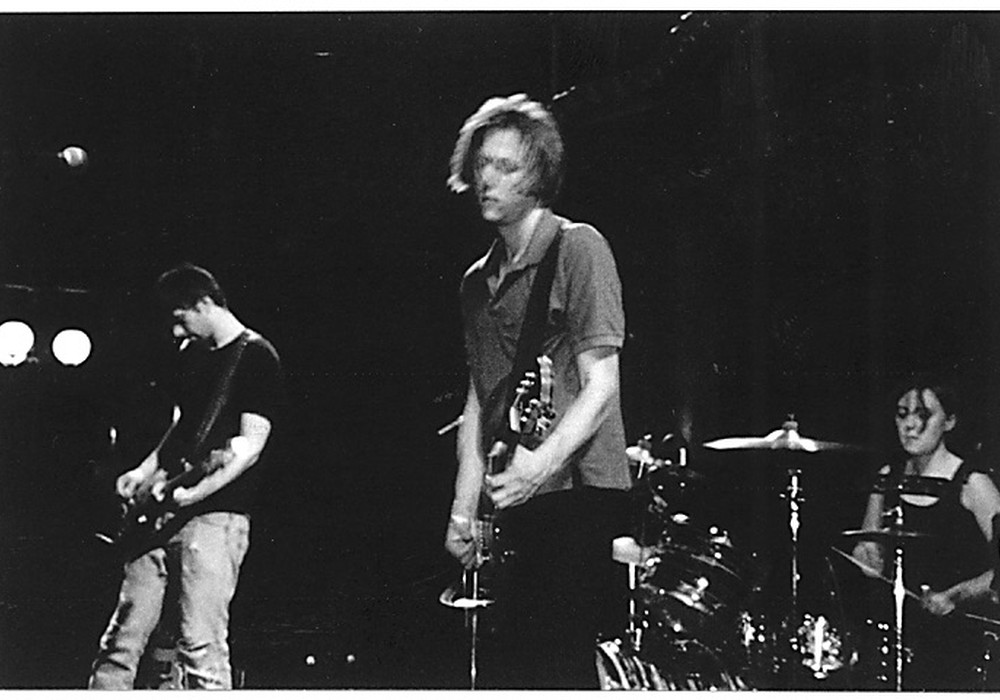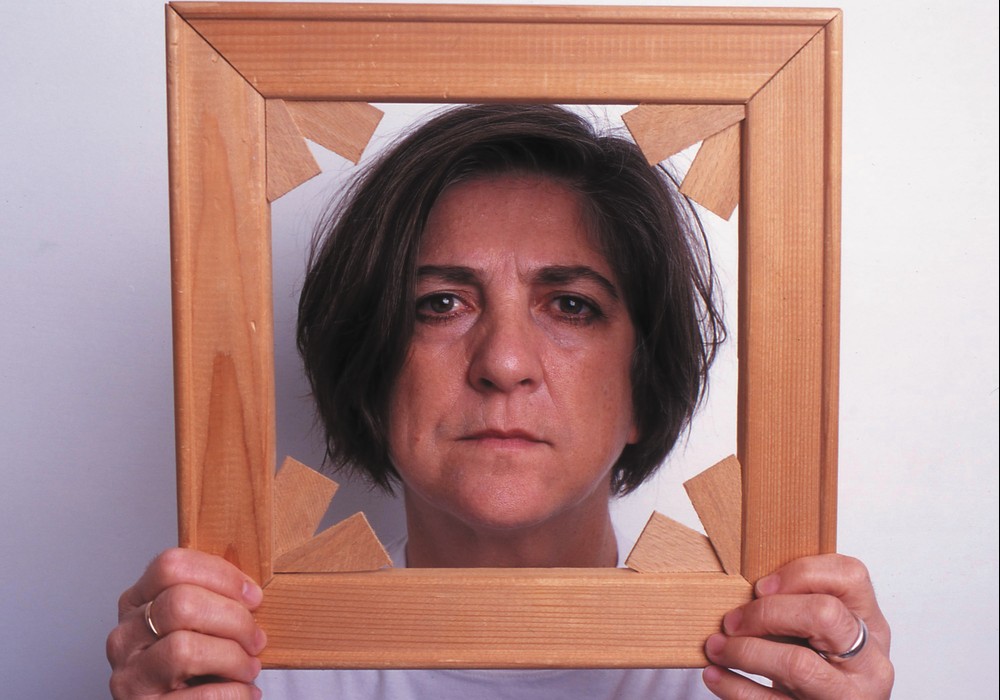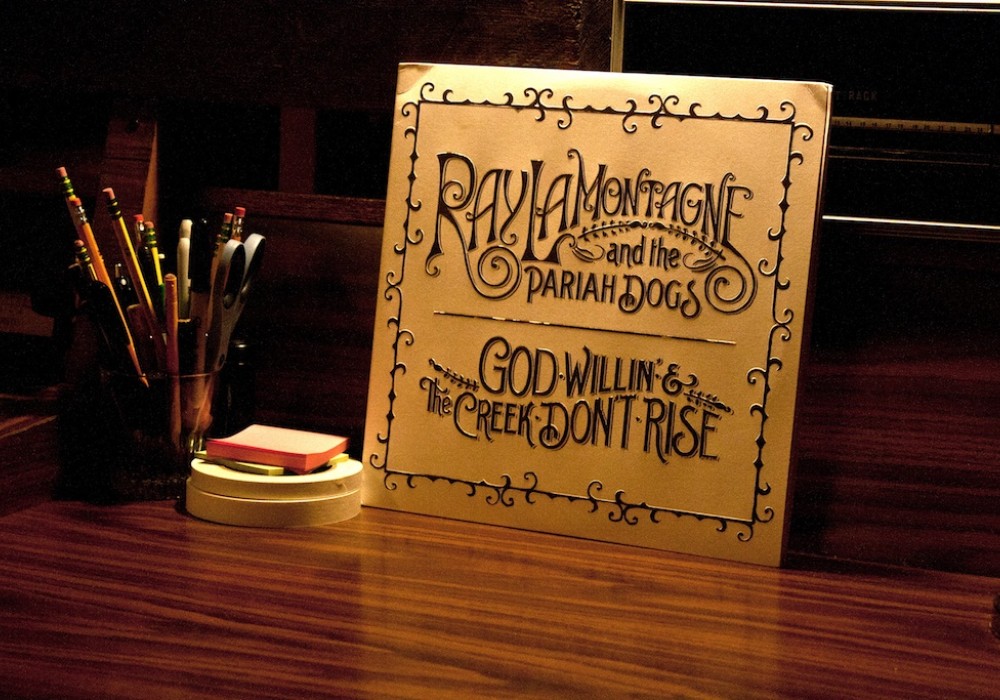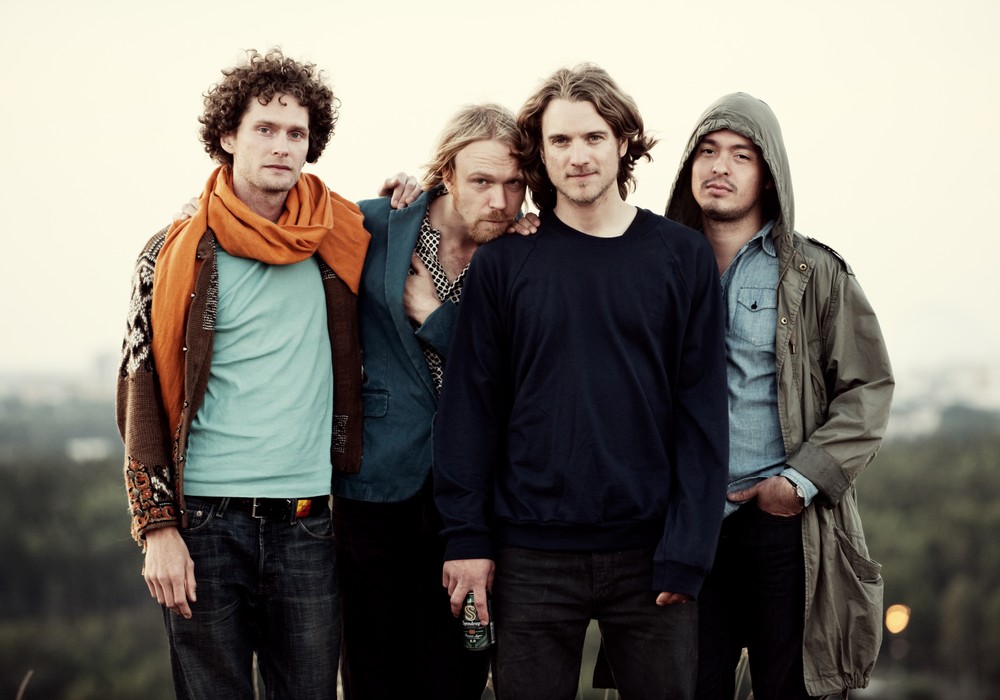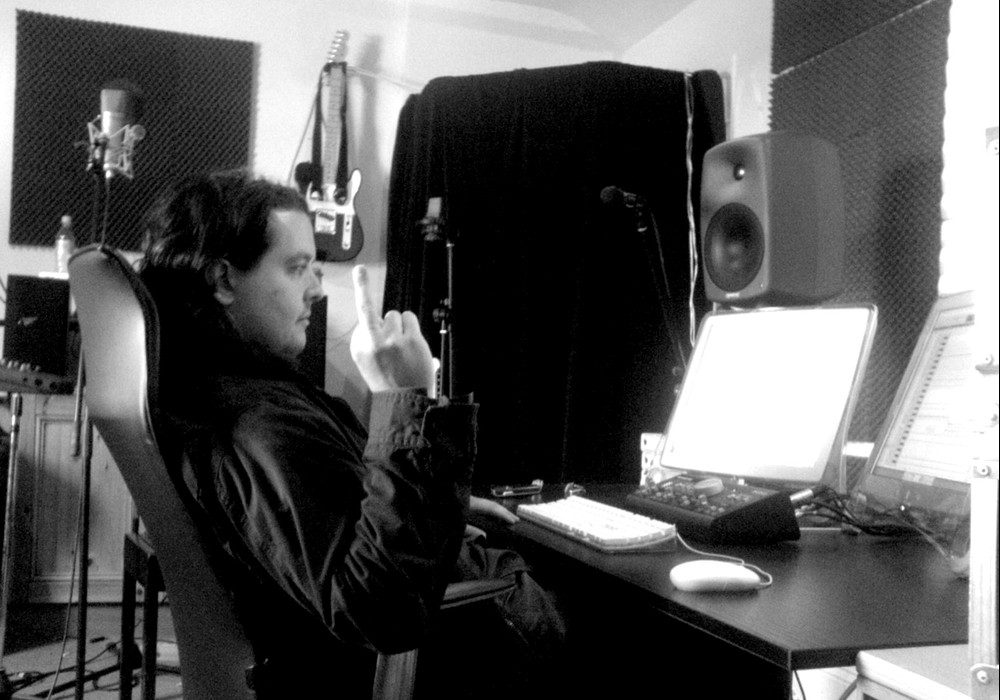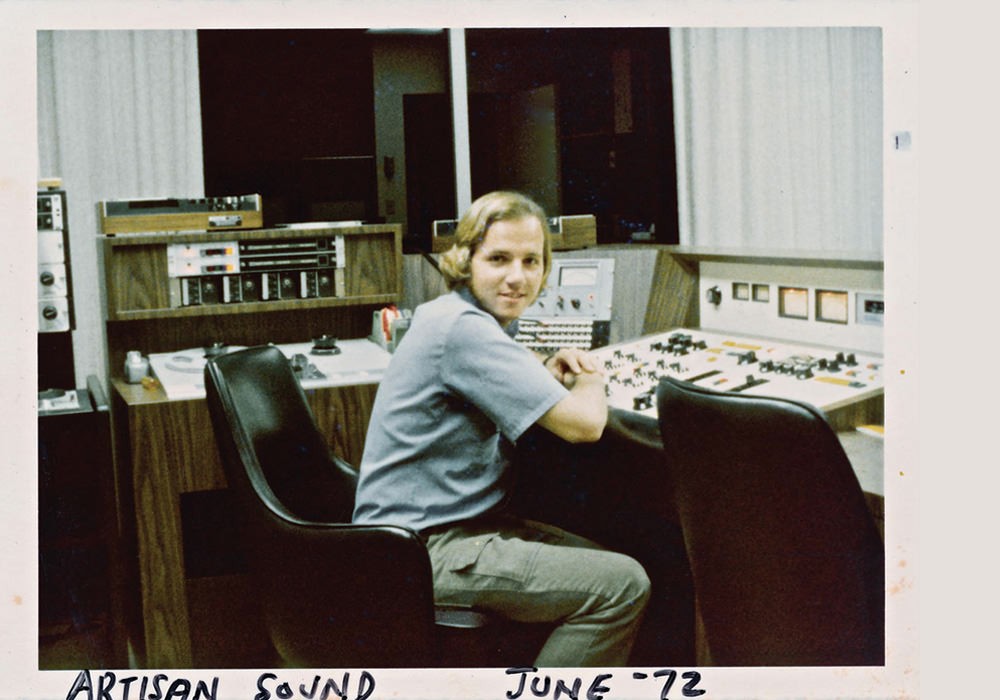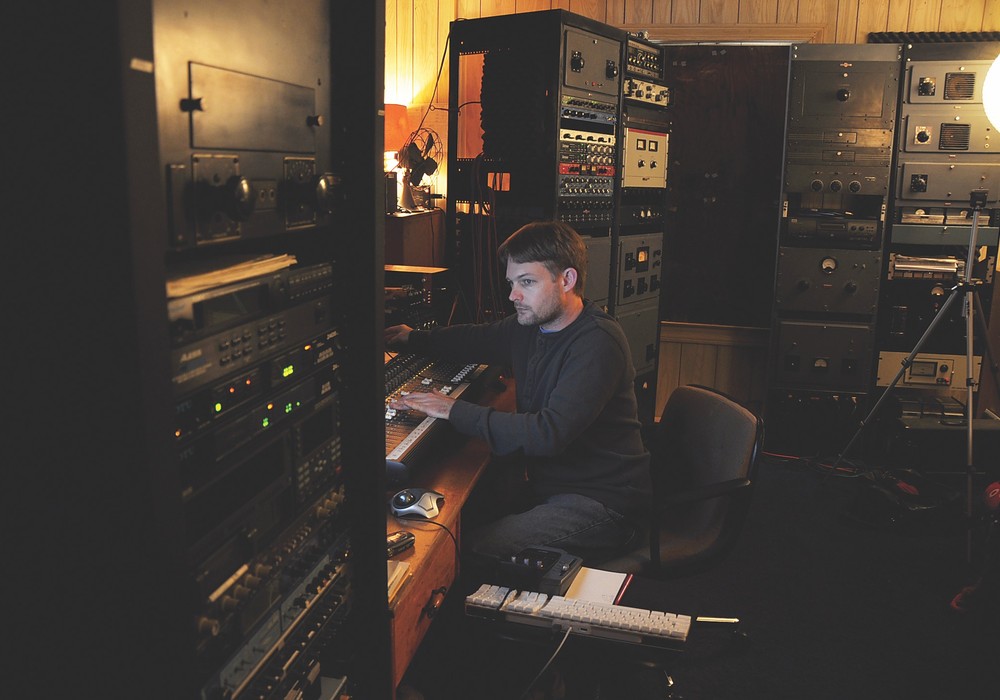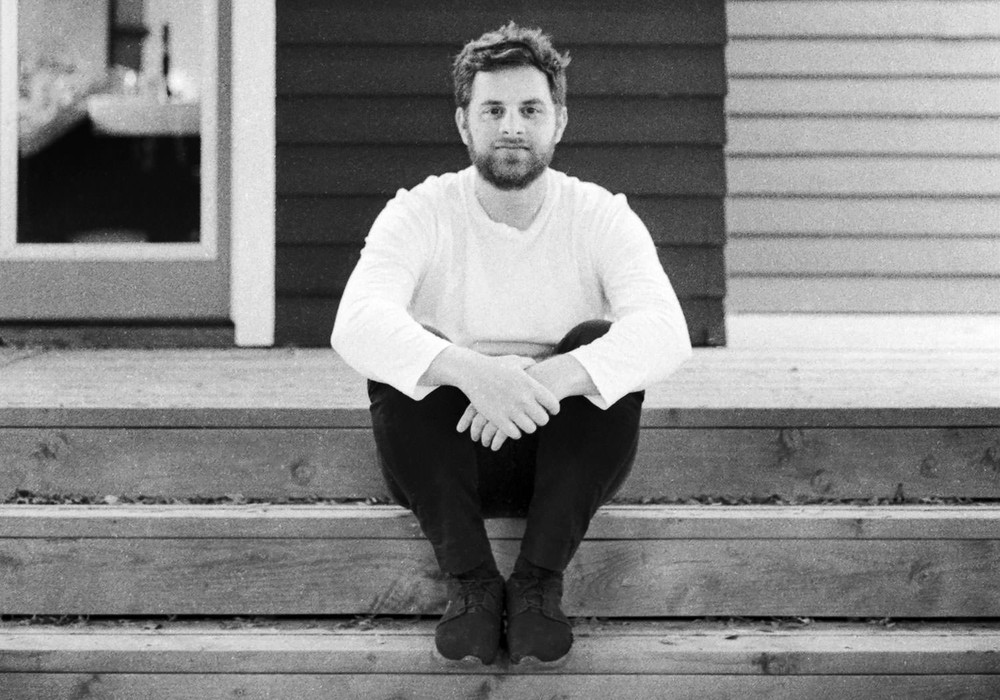
This story begins many years ago, in Portland, Oregon. It was 1996, and the first issue of Tape Op had just been released. In a quest to learn more, I had been devouring as many books and magazines about recording as I could get my hands on. I was spending my days in the Multnomah County Library, and I had been regularly dropping by Powell's Books to scour their shelves. One day I was browsing, looking at the same recording books that had been there for months. Usually there was no one in this part of the store, but that particular day, another guy was also looking closely at the same books. "There's nothing new here," he told me, with a bit of a laugh. I nervously told this stranger about my new magazine, and that he could pick it up at Reading Frenzy, an underground 'zine and comic book shop nearby. "I walked straight down and bought it. I remember calling you the next day," Craig told me later.
As we talked, it became obvious that we were on similar paths. My basement studio (Laundry Rules) was moving into a commercial space, becoming Jackpot! Recording Studio, and Craig had taken over part of the house he was living in, with a Neotek console and a 3M 16-track, 2-inch tape deck. We were both recording bands in our area – Craig was just across the river in Vancouver, Washington – and eventually we would even work together on a few projects. Craig was also wheeling and dealing used gear, and it was always a treat when he dropped off a rack of vintage Urei 1176s or some exquisite Sony C-37A mics for me to learn about and borrow for a bit.
Craig now lives in Nashville, and along the way he has worked on records by Hanson, Kacey Musgraves, Little Big Town, Vanessa Carlton, Amy Grant, The Features, Gungor, Colourmusic, and many others. He has a personal studio in East Nashville, with an amazing view.
Of all the interviews I've ever done for Tape Op, this is one of the most personal and meaningful to me. Craig and I have continued our journey into the world of recording like brothers, and his endless help during the early years of Jackpot! was invaluable. In following his selfless actions, he taught me how to extend my help and knowledge to others. I check in with him on every visit to Nashville, and though we are older – now with decades of experience between us – we still confer on gear choices, share candid studio experiences, talk about life, and put back a few microbrews.
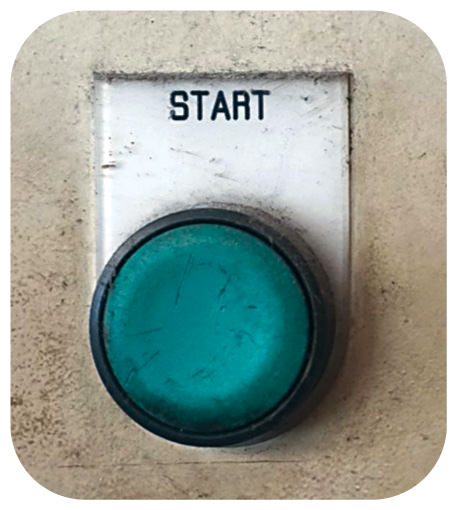
When I first met you, you had that 16-track 3M M79 tape deck at your home.
I lived on top of a mountain – the highest residence in the county. It was the end of the pavement, and after that it was only logging roads. There was no traffic up there, and it was the quietest place I've ever lived. We never had to worry about anyone hearing us, and we didn't have to worry about noise coming in. I ran a snake out of the bedroom window and into the detached one-car garage and set up bands in the garage. You and I started at an interesting time. There was all this old technology that was on its way out and dropping in value. Then we had all this new technology coming in, like [Alesis] ADATs and [Tascam] DA-88s. Everyone wanted a Sony DASH [digital tape deck] machine – they thought that to be a professional recording studio they had to have that. You and I were able to experience this older gear and buy them for pennies on the dollar. The great thing is that I think it taught us to use our ears.
Yeah, and our screwdrivers and soldering irons! [laughter]
I think the point I'm making is even a little deeper than that. There was all this gear that people didn't even know the name of. I bought my Gates Sta-Level [compressor] for $50. I was told that people in Nashville use tube compressors. I was into guitar tube amps, and I was naive at the time. You can't find one for $50 now, especially an original from 1957. It sounds gorgeous and I use it every day. At the time, I judged it with my ears. In a silly way, you have to listen with more than your ears. You have to listen to your heart and ask, "Does this thing convey any emotion or feeling?" If it does, then you use it. We went through so much gear! I did a lot of records on ADAT that I still think sound pretty good. It comes down to the person, and the way that they think about music. I'm much more interested in arrangements, tone, and texture.
What do you think drew you to recording back then?
I had played in bands and was a music theory major in college. I had always performed music, but once I started recording, I kind of quit playing. To me, it was almost like I'd found my instrument. I really enjoyed playing, and I was a decent player, but I wasn't great. But once I started doing this, I got completely absorbed. I still am.
Who were some of your early clients?
I was in college, and the people who were in my group of friends were also musicians. They introduced me to other musicians. We were recording for fun, really. I had a little success with some early recordings. I've gone back and listened to some of them, and they're not that bad!
If you're careful enough when first starting out, you hopefully don't make big mistakes.
I didn't have enough gear to make mistakes with! Once I found recording, I became a very bad student. It was at that time I remember going down to Powell's and meeting you.
I think what kept us friends for so long is that we're not in...
The rest of this article is only available with a Basic or Premium subscription, or by purchasing back issue #137. For an upcoming year's free subscription, and our current issue on PDF...
Or Learn More
